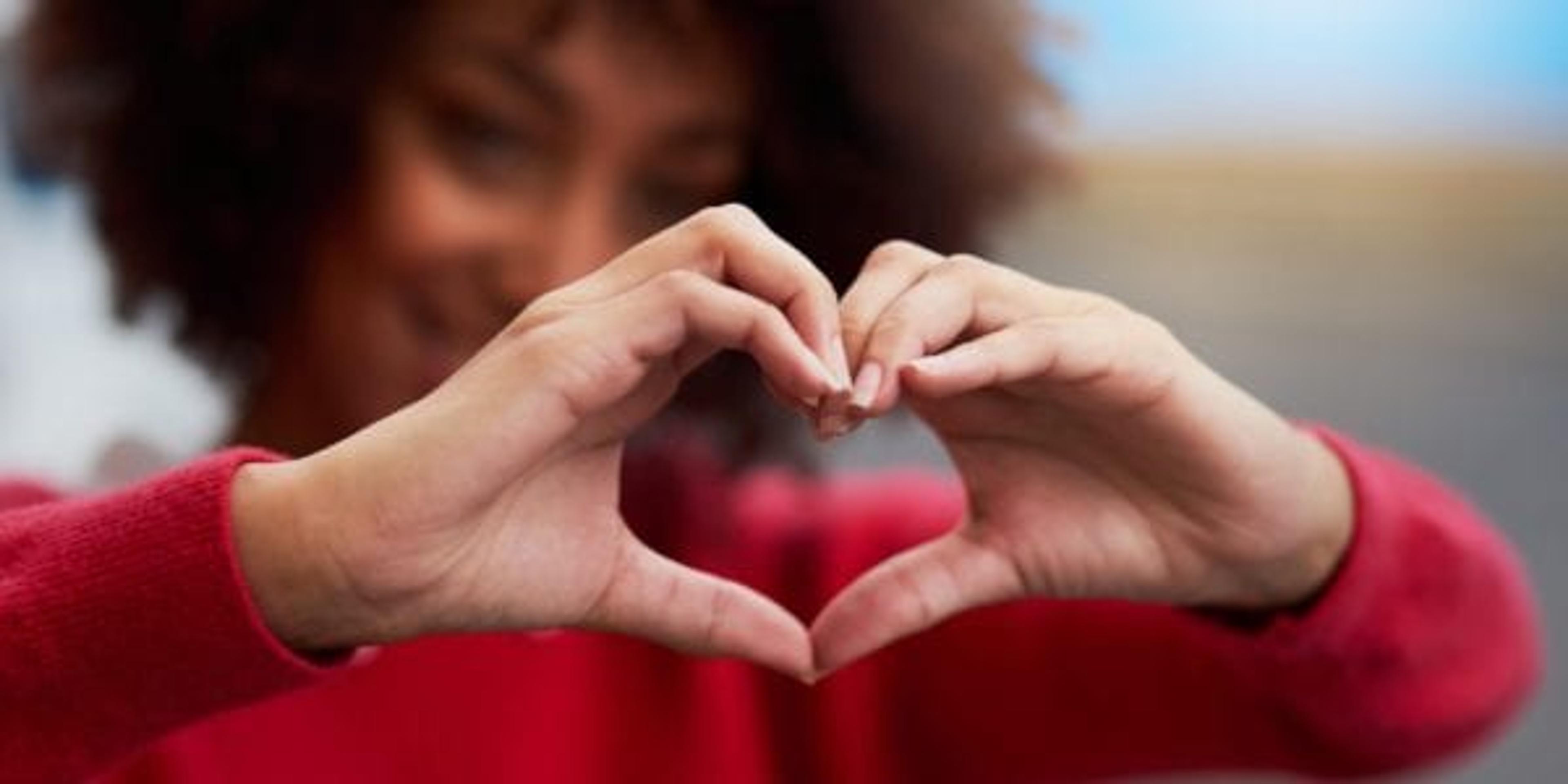The Science of Love

Jillian Berndtson
| 2 min read

Roses are red, violets are blue, what happens when I love somebody new?
Okay, it may not be the most romantic Valentine’s poem you’ve ever read, but it does raise a good question: what happens in our body when we believe we’re falling in love? Spoiler alert: it doesn’t involve Cupid and his bow and arrow.
Despite the universal symbol for love being a heart, the feelings actually start in the brain. The brain is responsible for releasing hormones throughout our body. When you find someone you’re attracted to, your body releases various hormones- testosterone, estrogen, dopamine, serotonin, norepinephrine, oxytocin and vasopressin, all of which create a unique feeling. Those seven hormones can fall under three distinct categories, each leading to a different aspect of what we believe to be “love”.
Testosterone and estrogen are sex hormones that stimulate the desire to reproduce. Testosterone can lead to aggression and intensity which may be why people feel like they’re on cloud nine after only a few weeks of being in a relationship.
Have you ever noticed that you get sweaty and nervous around someone you’re attracted to? You can thank dopamine for that. Dopamine, norepinephrine and serotonin levels all drive the infatuation with the person you’re attracted to. Dopamine is released when we do something we enjoy, such as spending time with someone we love. Dopamine and norepinephrine can make us feel energetic, excited and giddy, and lead to feelings of euphoria which lead to further attraction to the person.
Attraction also suppresses the production of serotonin which may be the reason people “fall head over heels” early on in their relationship. Oxytocin and vasopressin contribute to having an attachment. These hormones are present in familial bonds, friendships and romantic relationships. They make you want to bond and spend time with your significant other.
This release of hormones forms a constant loop where the body feels good because of the hormones running through it and then the body craves those same feelings, keeping the spark in the relationship alive.
This content has been reviewed and approved by Dr. Kristyn Gregory, DO, medical director of behavioral health at Blue Cross Blue Shield of Michigan.
You may also enjoy:
Photo credit: Adene Sanchez





